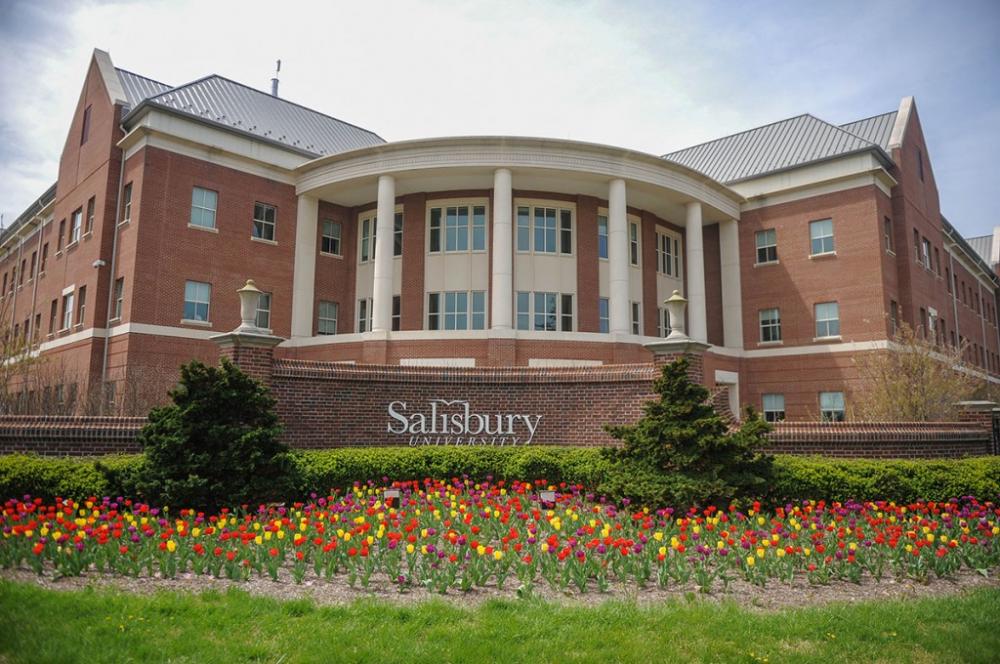The University System of Maryland will shift to distance-learning for undergraduate students for the rest of the spring semester and cancel in-person commencement ceremonies, Chancellor Jay A. Perman announced Thursday evening.
On a conference call with the Board of Regents, press and the public, Perman said university presidents had been exploring a shift to long-term remote instruction for weeks and the university campuses will work to provide resources for undergraduate students in need.
“We’re cognizant that we have students who have limited access to computers or to the Internet while off-campus. All of our universities have been united in finding ways to provide these students with laptops, and to arrange free Internet service through various carriers,” Perman said.
University campuses are also working to share technology and platforms to help organize final exams, clinical simulations and lab demonstrations.
“It’s appropriate that each university’s leaders determine what the rest of their semester looks like in terms of remote instruction and assessment,” Perman said.
He delivered the remarks as part of a conference call that became frenzied at times, given the number of participants ― more than five dozen at one point ― who called in.
“We’re out!” someone exclaimed early in the call. As the line became too muffled later, the call was briefly suspended.
Perman underscored that the shift to distance learning was not a break.
“It’s not a respite from the semester. It’s not a party,” he said.
He urged students to follow guidelines on large gatherings and said many were disturbed by coverage showing spring break celebrations in full tilt.
“Many of us were disturbed by it,” Perman said. “I’d like to remind all of us that we follow social distancing and self-isolating guidelines not only for our own health, but for the health of others — for those who are more susceptible to this virus than we may be, and for those who will have more difficulty recovering from it.”
Individual campuses will be releasing detailed plans on how students can retrieve their belongings from dorms and on-campus housing, with a special focus on avoiding large crowds. Universities will also be disinfecting high-touch areas as students move out.
The system is working on a plan for students who aren’t able to come back to get their things personally.
Campuses are also making plans to provide pro-rated refunds for room and board, as well as other campus fees. Federal financial aid packages will not be refunded, Perman said.
There is also a consensus among campus leaders to push back the tuition deposit deadline for the fall semester, which is usually May 1.
At the system’s research universities, employees are working to protect programs and equipment as restrictions are put into place.
“We’re advising that laboratories ramp down their research significantly and continue only those research activities currently in a critical phase, meaning that abandoning them would cause a major or irreversible loss in project viability,” Perman said.
For graduate students and those in professional programs, the system is seeking guidance from accreditation agencies and certification boards about how instruction should move forward.
Perman said individual campuses are being encouraged to “be creative” in how they celebrate graduates at the end of the semester, and in-person gatherings would be supported after the COVID-19 threat lifts.
Perman took time at the end of the call to thank university employees for working together to address concerns.
“These are uncharted waters,” he said.
By Danielle E. Gaines


